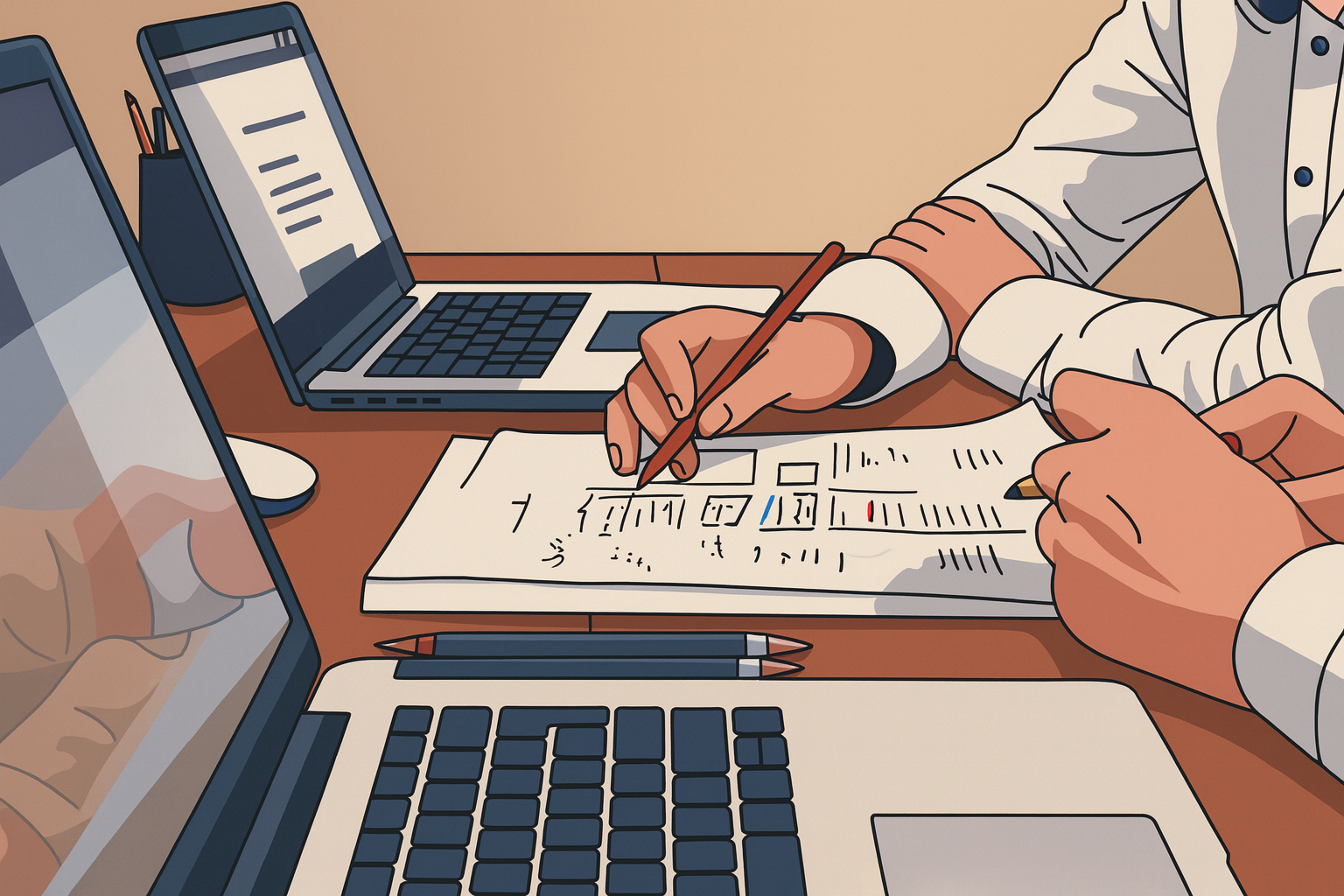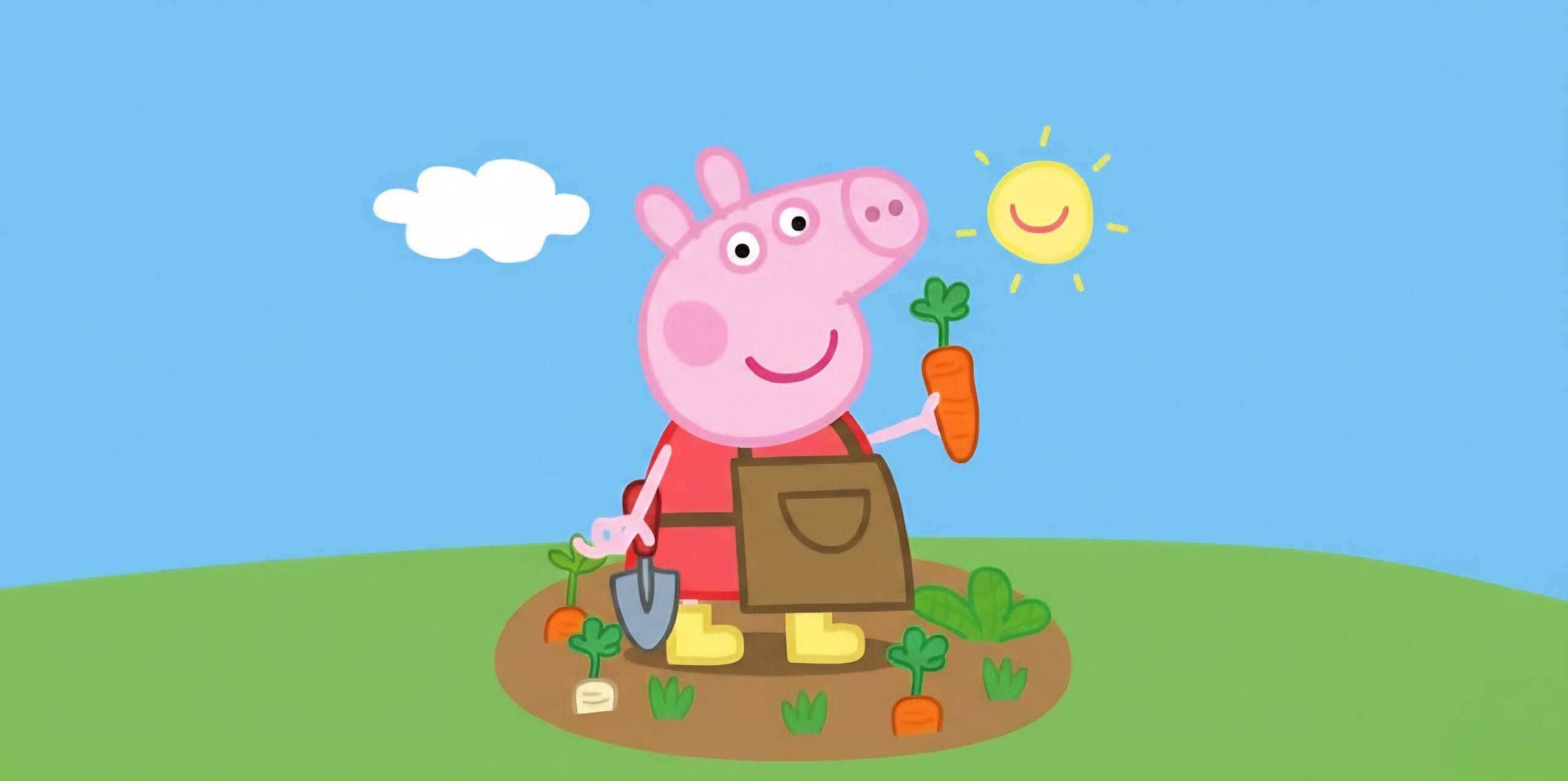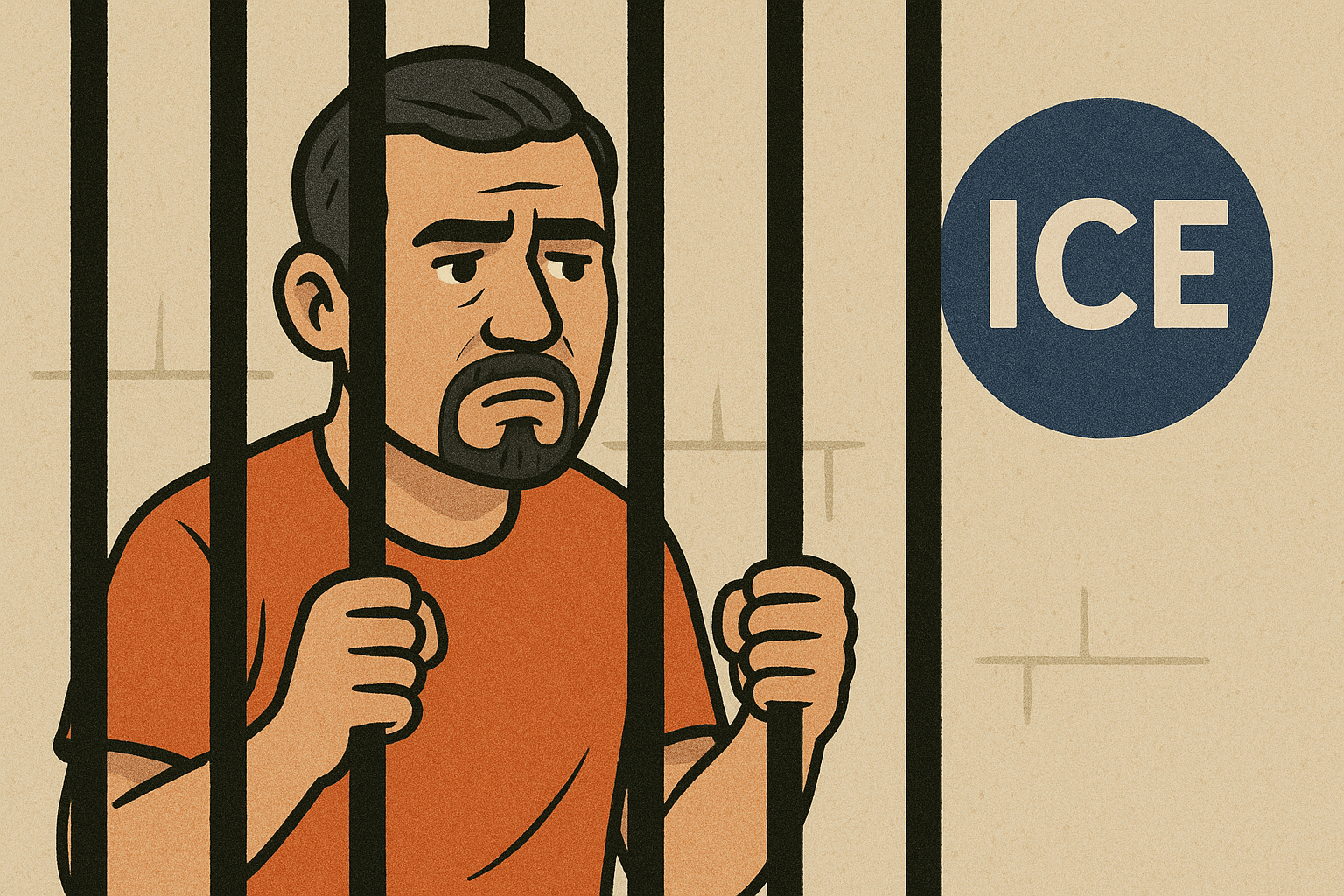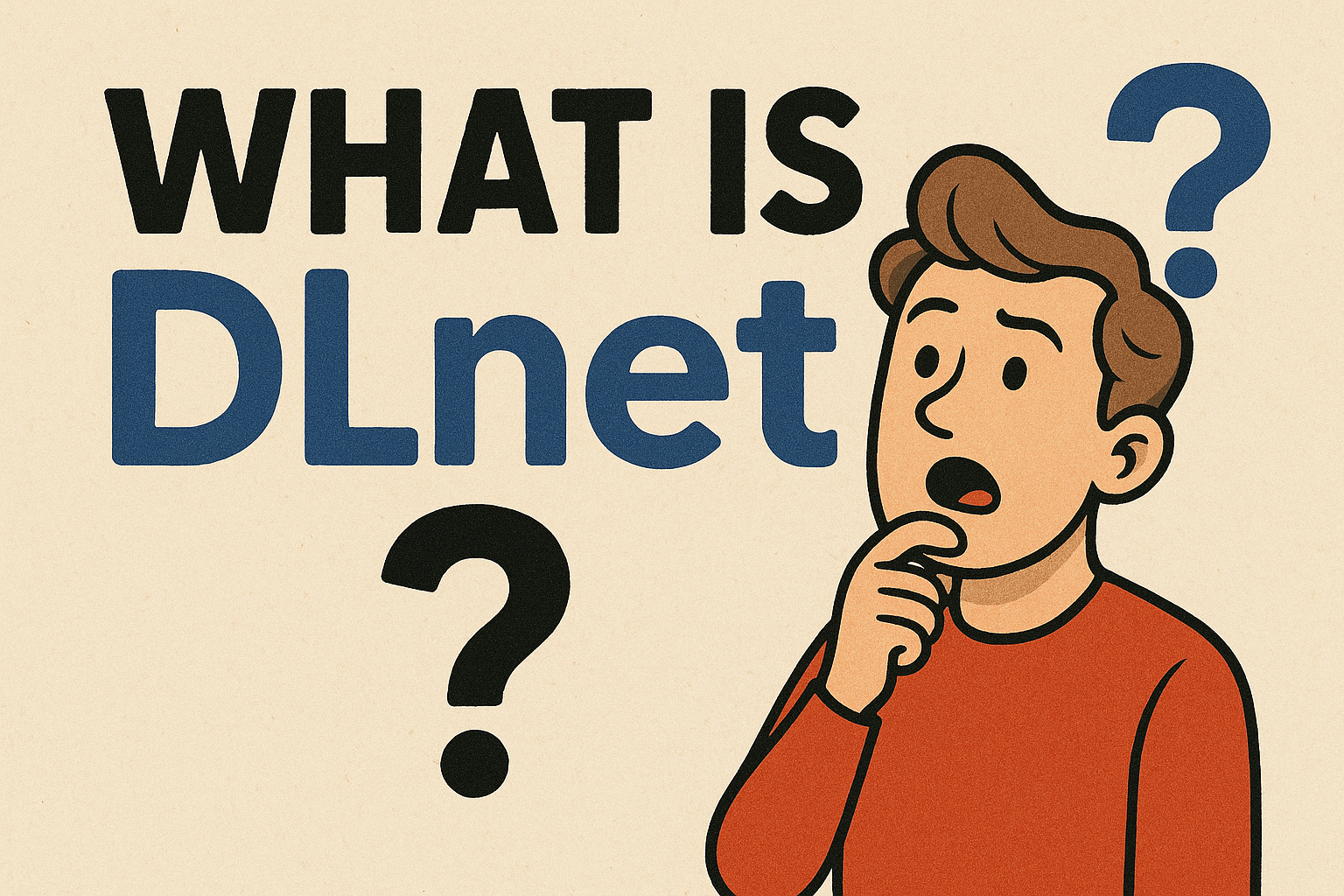Breaking up is hard enough, but doing it in the digital era is a whole new level of complicated. Technology has changed every part of our relationships, including how they end. Screenshots of heated arguments, online bank accounts, cryptocurrency wallets, and co-owned e-commerce shops are now common features in modern divorce cases. Add in the public nature of social media, and you have a recipe for disaster if things are not handled with care.
Traditional courtroom divorces are not designed for this complexity. Long wait times, public records, and a rigid legal framework often don’t align with the nuanced realities of a digital life. Fortunately, mediation is rising as a smarter, more adaptable way to separate, one that fits the fast, tech-driven world we live in. Discussed below are five reasons why divorce mediation makes more sense now than ever before.
1. Confidentiality in a public world
Court records are public. That means your personal and financial matters could become searchable by anyone. Mediation, on the other hand, is confidential. There are no judges and open courtrooms. Just a respectful space to figure things out without broadcasting your business to the world. This privacy can be critical in safeguarding reputations, especially for families concerned about social media scrutiny or professional fallout. Click here to learn more about divorce mediation.
2. It’s faster
Modern life moves quickly, and people expect solutions at digital speed. Court dockets are often backlogged, leading to months or even years of delay. Mediation is often quicker, and the process is more flexible. You work on your schedule, instead of the court’s. That means fewer headaches, fewer legal bills, and less emotional exhaustion.
3. Tailored solutions for digital lives
Judges are bound by laws and precedent, which can lead to rigid outcomes that don’t always reflect the nuances of modern life. What do you do with your shared Spotify account, or the small online business you built together? These are questions traditional courts aren’t always equipped to handle thoughtfully. Mediation gives you room to come up with custom solutions that actually work for your life, and not just what the law says should happen.
4. Less adversarial, more constructive
Divorce often ignites a battle mentality. Litigation can entrench this, pitting one spouse against another in a win-lose scenario. Mediation fosters collaboration, encouraging communication and compromise. This is especially important in divorces involving children, where a functioning co-parenting relationship is vital. The non-combative tone of mediation can help preserve a sense of partnership, even as the marriage ends.
5. You are in control
In court, a judge makes the final decision. In mediation, you and your spouse make the calls. That means more autonomy, more flexibility, and more ownership of the outcome.
In addition, you can do the whole process online. Virtual mediation sessions, conducted over Zoom or other secure platforms, have made the process more accessible than ever. You can join mediation sessions from your couch, your office, or wherever you feel most comfortable. It’s ideal for busy schedules, long-distance situations, or just keeping things low-pressure.
Endnote
While divorce mediation is a great alternative to traditional litigation, not every divorce case is right for mediation. If there is abuse, manipulation, or a big power imbalance, other routes are safer and more appropriate. However, if you and your spouse are still able to talk, at least a little, then mediation might offer the closure you both need without adding more chaos to your lives.









